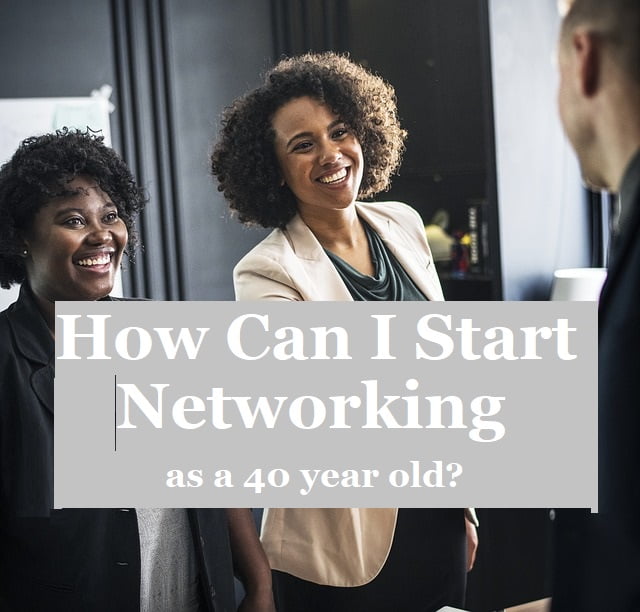Age has no bearing on your ability to network. In fact, you’re already doing networking without realizing it. After all, networking is about meeting people. It is about connecting with other people on a personal human level – relationships come first, then business will follow (people like to do business with those they know like and trust). The number one mistake is to think that networking is a stressful, business, salesmanship activity. Take the pressure off and realize that the most successful networkers are those who are most interested in learning about other people. Seek first to get to know other people and their interests. Then consider if there are ways you can help them. The more people you get to know, the more you’ll be able to help others; simply by acting as a connector introducing a person with a need to someone who can help them. Before you know it, people will be recommending you to others, who can benefit from what you can offer.
The second biggest mistake people make is to think that networking is handing out their business card to as many people as possible. All that does is add to paper to the recycling bin. Associated with this, is feeling that when you attend an event that you have to meet as many people as possible. In reality, it is best to set a goal of just having 2–3 meaningful conversations.
With the introductory remarks aside, I believe your question is best interpreted as how to more actively pursue networking opportunities. There are many options: from church, community events, professional associations, sporting clubs, SCORE presentations, and meetups (see meetup.com) – just to name a few. My assumption is that you’re most interested in business related networking opportunities. If so, you’ll want to consider what professional organizations are relevant to your field. Plan to attend meetings, write blogs, give presentations, participate positively in social media conversations (think LinkedIn) – in other words look for opportunities to become involved.
If you’re attending an event where the speaker or attendees list is provided in advance; then research speakers and the topic they will be talking about. If attendees are known, research them as well. Based on your research, think of questions you’d like to ask them. Then reach out and mention you’re going to be at the conference and request a short introductory meeting over breakfast, lunch or a coffee break. If the attendee list is not provided, you might know what professions are likely to attend. You could then use social media to let people know you will be attending and simply ask if anyone would like to meet to put a face to name while you’re both there.
[“source=ulticareer”]

